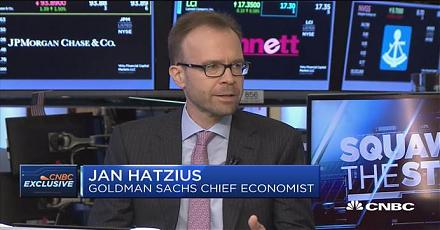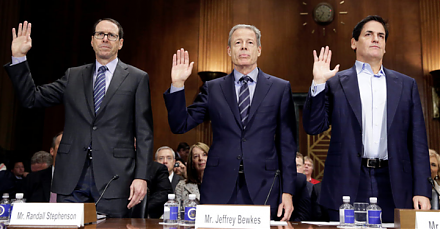

2018-01-10 08:40:00 Wed ET
technology antitrust competition bilateral trade free trade fair trade trade agreement trade surplus trade deficit multilateralism neoliberalism world trade organization regulation public utility current account compliance
President Trump considers imposing retaliatory economic sanctions on Chinese products and services in direct response to China's theft and infringement of U.S. intellectual property. Trump's retaliatory trade sanctions may involve tariffs, quotas, embargoes, and other restrictions on China's investments in U.S. companies. This punitive penalty arises as part of a recent Trade Act Section 301 probe into China's recent regulations that induce U.S. multinational corporations to establish onshore IT data centers. These regulations force unfair intellectual property and technology transfer from these U.S. multinational corporations to their Chinese counterparts. Without such technology transfer, the use and implementation of U.S. patents and trademarks would otherwise involve egregious infringement at the expense of U.S. firms and other innovators.
Recent empirical evidence suggests that this unfair technology transfer may be the root cause of both billions of dollar losses in corporate revenue as well as millions of job losses in America. In addition to intellectual property theft and infringement, the Trump administration also accuses China of currency manipulation. Over the years, China has been accumulating substantial dollar reserves in the form of U.S. Treasury bonds for better renminbi devaluation. This deliberate devaluation leads to more competitive Chinese export prices and thus better low-cost product sales abroad. The Trump administration needs to consider retaliatory trade sanctions on China in order to eradicate trade deficits with better fiscal discipline.
If any of our AYA Analytica financial health memos (FHM), blog posts, ebooks, newsletters, and notifications etc, or any other form of online content curation, involves potential copyright concerns, please feel free to contact us at service@ayafintech.network so that we can remove relevant content in response to any such request within a reasonable time frame.
2017-03-27 06:33:00 Monday ET

Goldman Sachs chief economist Jan Hatzius says the Federal Reserve's QE exit strategy makes sense ahead of Fed Chair Janet Yellen's stepdown in 2018
2019-02-02 11:36:00 Saturday ET

The Trump administration teams up with western allies to bar HuaWei and other Chinese tech firms from building the 5G high-speed infrastructure due to natio
2025-09-14 14:23:00 Sunday ET

Stock Synopsis: With a new Python program, we use, adapt, apply, and leverage each of the mainstream Gemini Gen AI models to conduct this comprehensive fund
2019-09-11 09:31:00 Wednesday ET

Central banks in India, Thailand, and New Zealand lower their interest rates in a defensive response to the Federal Reserve recent rate cut. The central ban
2018-05-08 13:39:00 Tuesday ET

The Trump administration weighs the pros and cons of a potential mega merger between AT&T and Time Warner. Recent stock prices show favorable trends for
2018-07-15 11:35:00 Sunday ET

Facebook, Google, and Twitter attend a U.S. House testimony on whether these social media titans filter web content for political reasons. These network pla